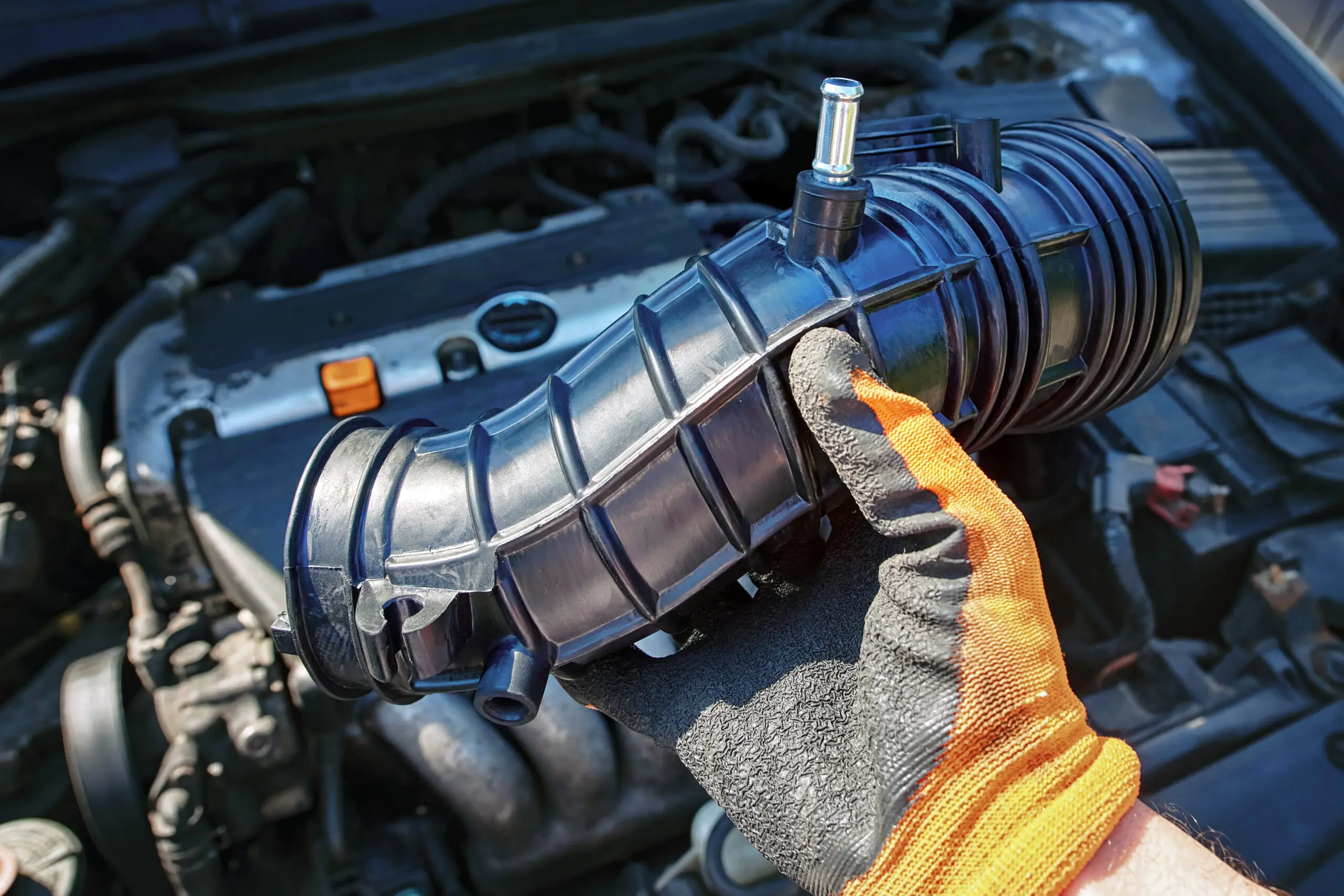Experiencing engine misfires or a rough idle can be alarming for any driver. These symptoms often indicate that your vehicle is not running optimally, which may lead to reduced performance, lower fuel efficiency, and potential long-term engine damage if not addressed promptly.
Fortunately, with proper tools and a systematic approach, DIY enthusiasts can identify and often resolve these issues themselves. Using a professional Autel scanner or obd ii bluetooth scanner can make diagnosis faster and more accurate.
Understanding Engine Misfires and Rough Idle
An engine misfire happens when one or more cylinders fail to ignite properly, causing noticeable power loss and uneven engine operation. A rough idle is observed when the engine runs at a stop, with fluctuating RPMs and vibrations throughout the vehicle.
Recognizing these issues early is essential to prevent further engine damage, poor fuel economy, or costly repairs.
Misfires and rough idle can affect acceleration, throttle response, and overall drivability. By understanding the root causes, you can perform a targeted diagnostic process rather than guessing, saving both time and money.
Engine misfire causes power loss and rough idle.
Common Causes
Ignition System Problems
The ignition system is often the first place to check when diagnosing misfires.
-
Worn Spark Plugs: Old or fouled spark plugs can’t generate sufficient sparks, causing incomplete combustion.
-
Faulty Ignition Coils: Coils that don’t deliver adequate voltage lead to misfires in affected cylinders.
-
Damaged Ignition Wires: Corroded or cracked wires interrupt electrical flow, resulting in uneven firing and rough idle.
Fuel System Issues
Problems in the fuel system can disrupt the air-fuel mixture and lead to engine instability.
-
Clogged Fuel Injectors: Dirt and carbon deposits reduce fuel flow, causing lean mixtures and misfires.
-
Dirty Fuel Filter: A restricted filter limits fuel delivery, producing rough idle.
-
Low Fuel Pressure: Weak fuel pumps or faulty regulators fail to supply enough fuel, triggering misfires.
Air Intake and Vacuum Leaks
The engine’s air intake must be unobstructed to maintain proper combustion.
-
Vacuum Leaks: Cracked hoses or intake manifold leaks allow excess air, upsetting the air-fuel balance.
-
Dirty Air Filter: A clogged air filter restricts airflow, negatively affecting engine performance.
Vacuum leaks from cracked hoses upset air-fuel balance.
Mechanical Engine Problems
Internal engine wear can also be a source of misfires and rough idle.
-
Worn Piston Rings or Cylinder Walls: Reduced compression prevents proper combustion in affected cylinders.
-
Valve Issues: Bent, worn, or misaligned valves disrupt timing and lead to vibrations and unstable idle.
Sensor Failures
Modern engines rely on sensors to maintain proper fuel delivery and ignition timing.
-
MAF Sensor: Incorrect airflow readings cause improper fuel mixture.
-
Oxygen Sensors: Malfunctioning oxygen sensors can mislead the ECU, producing rich or lean conditions.
Tools You’ll Need
Using professional tools improves both the speed and accuracy of diagnosis. Key tools include:
-
OBD2 Scan Tool / Autel Scanner: Quickly read Diagnostic Trouble Codes (DTCs) for ignition, fuel, or sensor issues. Devices like the Autel MD906 Pro also provide live data, dual-directional testing, and manufacturer-specific functions.
-
Spark Plug Socket and Gap Tool: Inspect and replace spark plugs efficiently.
-
Fuel Pressure Gauge: Check fuel delivery consistency.
-
Vacuum Gauge or Smoke Tester: Detect leaks in hoses or the intake manifold.
-
Compression Tester: Evaluate cylinder and piston health.
A professional Autel scanner is particularly helpful for DIY mechanics, as it provides detailed real-time feedback on live data, sensor status, and error codes, making it easier to pinpoint the root cause of misfires or rough idle.
Autel Scanner detected P0301, which means engine misfire.
Step-by-Step Troubleshooting
1. Scan for Trouble Codes:
Connect your Autel scanner or other OBD2 device to check for DTCs. Codes related to misfires, fuel delivery, or sensors can guide the next steps.
2. Inspect Ignition System:
- Remove spark plugs to check for wear or fouling. Replace as needed.
- Test ignition coils for correct resistance and operation.
- Examine ignition wires for cracks or corrosion.
3. Evaluate Fuel System:
- Inspect fuel injectors for clogs or leaks; clean or replace as necessary.
- Check the fuel filter for restrictions and replace if dirty.
- Measure fuel pressure to confirm adequate delivery.
4. Check Air Intake and Vacuum:
- Inspect vacuum hoses for cracks or leaks.
- Replace dirty or clogged air filters to restore proper airflow.
5. Assess Mechanical Components:
- Perform a cylinder compression test to detect worn piston rings or cylinders.
- Listen for abnormal valve noises indicating wear or misalignment.
6. Test Engine Sensors:
- Use the Autel scanner to monitor MAF and oxygen sensor performance in real time.
- Clean or replace sensors that provide inaccurate readings.
Check engine sensors with Autel scanner.
Preventive Maintenance Tips
- Follow the vehicle manufacturer’s maintenance schedule for spark plugs, air filters, and fuel filters.
- Use high-quality fuel to reduce injector and sensor contamination.
- Inspect ignition wires and coils regularly.
- Keep a professional Autel scanner on hand for routine checks, early detection of misfires, and preventive diagnostics.
Conclusion
Engine misfires and rough idle can originate from ignition faults, fuel system problems, vacuum leaks, sensor failures, or mechanical wear. A systematic diagnostic approach using professional tools like an Autel scanner or obd ii bluetooth scanner enables DIY enthusiasts to identify and correct most issues efficiently.
These scanners provide real-time data, dual-directional testing, and error code insights that save time, improve accuracy, and reduce repair costs.
Always prioritize safety when working on your vehicle, and consult a professional mechanic if you’re unsure about any repair. With patience, proper tools, and careful observation, you can restore your engine’s smooth operation, improve fuel efficiency, and extend the life of your car.




